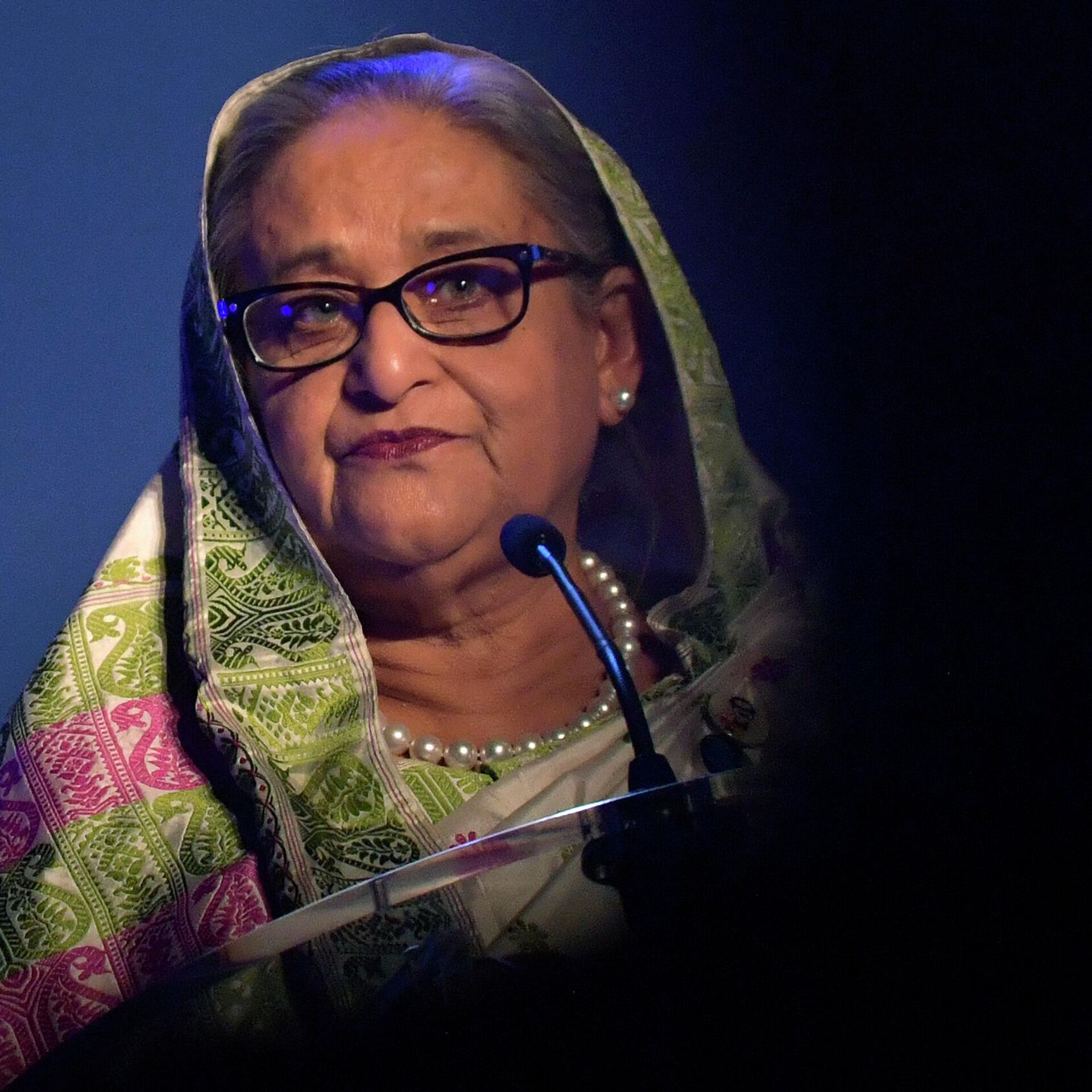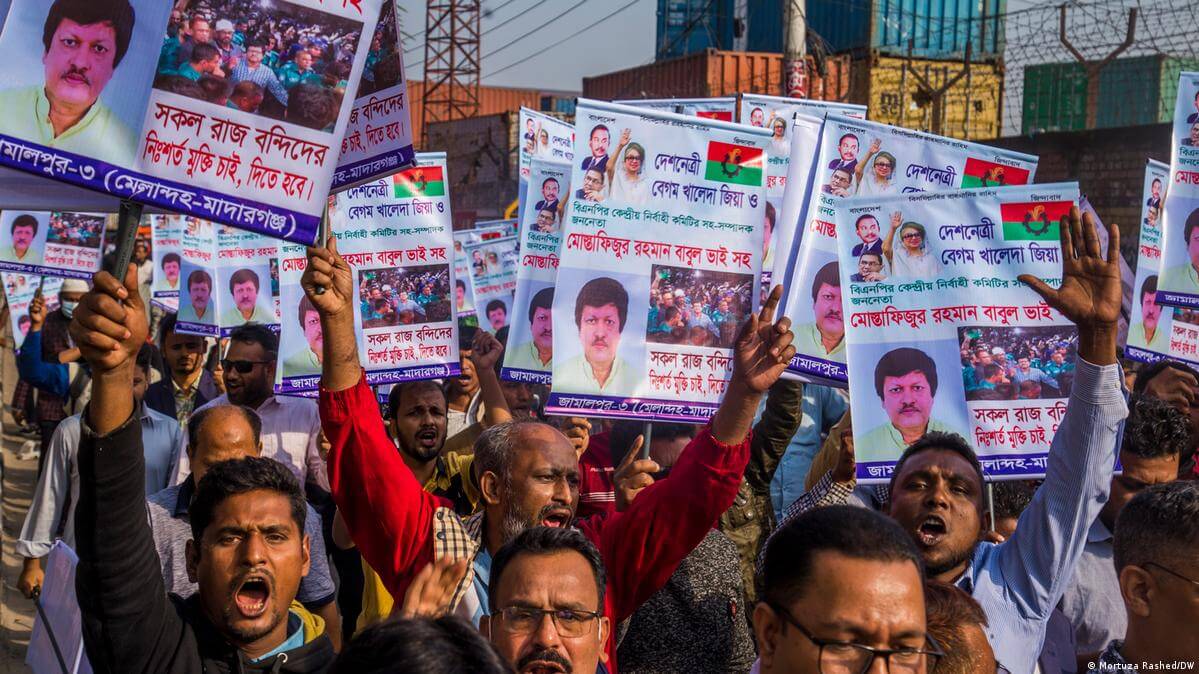The opposition Bangladesh Nationalist Party (BNP) and 31 other political parties launched a series of protests in 10 cities, including Dhaka, on Wednesday, demanding PM Sheikh Hasina’s resignation.
OVERVIEW
The protestors want the government to set up a caretaker government until the general elections in 2024. BNP senior leader Mirza Abbas declared the end of Hasina’s “time to cling to power by force” and called for a “neutral government” to conduct the upcoming elections.
Abbas, who was released from prison on Monday after being arrested during a protest a month ago, addressed a gathering of over 50,000 people in Dhaka.
The country previously mandated general elections to be held under a neutral caretaker government after overthrowing the nine-year-long military rule in 1990. However, in 2014, Hasina scrapped the system despite widespread opposition.
Wednesday’s demonstrations come amid a series of protests launched by the BNP to oppose the rising cost of living and the government’s crackdown on anti-government processions. As in other countries in South Asia, global inflation has resulted in the Bangladeshi taka dropping by 25% in value, which has further caused an uptick in the cost of living.
To this end, on 19 December, the BNP unveiled a 27-point plan that insisted on “structural changes” to state institutions, including the constitution, judiciary, and administration.
PROTESTS TURN VIOLENT
According to police officials, at least four protesters were injured during Monday’s Faridpur protests, wherein security personnel attempted to disperse the gathering by using sticks and Molotov cocktails. A senior police officer confirmed that they used rubber bullets to contain the situation.
BNP leader Shama Obaed said that at least 100 were wounded in the Faridpur rally, with 30 other detained by the authorities.
General Secretary of @albd1971 @ObaidulQuader on Wednesday said if #BNP gets power again, there will be no spirit of #LiberationWar1971 in the country.
— Awami League (@albd1971) January 11, 2023
"We cannot hand over power to BNP, which is the patron of #communal forces and #militancy," he said.
👉https://t.co/KMTzckiel9 pic.twitter.com/PFDZGVNqbl
HASINA’S RESPONSE
PM Sheikh Hasina called the protestors “extremists” attempting to “topple” the government. However, she stated that her administration remained determined to thwart these attempts and will continue to work for Bangladesh’s welfare.

QUESTIONS ON HASINA’S COMMITMENT TO DEMOCRACY
The UN and several Western governments have previously raised concerns about the political situation in Bangladesh, particularly demanding assurances for free and fair elections.
In December, Human Rights Watch’s South Asia director, Meenakshi Ganguly, raised concern about Hasina’s attacks on “peaceful political activities” and urged the government to accept “the challenge of democratic rule” and abandon “authoritarian abuse.”
The US’ ambassador to Bangladesh, Peter Hass, further lamented reports about intimidation and violence by the government to curb protests and freedom of expression.
Thousands of Bangladesh Nationalist Party (BNP) supporters took to the streets of the capital to protest against the detention of the party's top leaders and their confiscated assets by a Dhaka court. @RT_com pic.twitter.com/r2TdZ3qOXJ
— Hossain Tareq (@HossainTareq6) January 9, 2023
Moreover, opponents have accused Hasina of rigging the elections that led to her victory in the 2014 and 2018 elections.
Former PM and BNP leader Khaleda Zia has been placed under house arrest over corruption charges. Several other opposition leaders were recently released after being arrested during protests on 7 December, when they were accused of inciting protestors to attack security officials.
During another demonstration on 30 December, authorities arrested hundreds of activists from the religious Opposition party, Jamaat-e-Islami. Additionally, 5,000 supporters of the party were charged in five separate charges.

